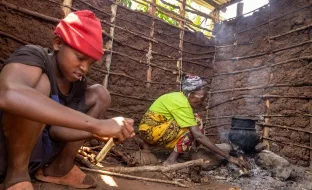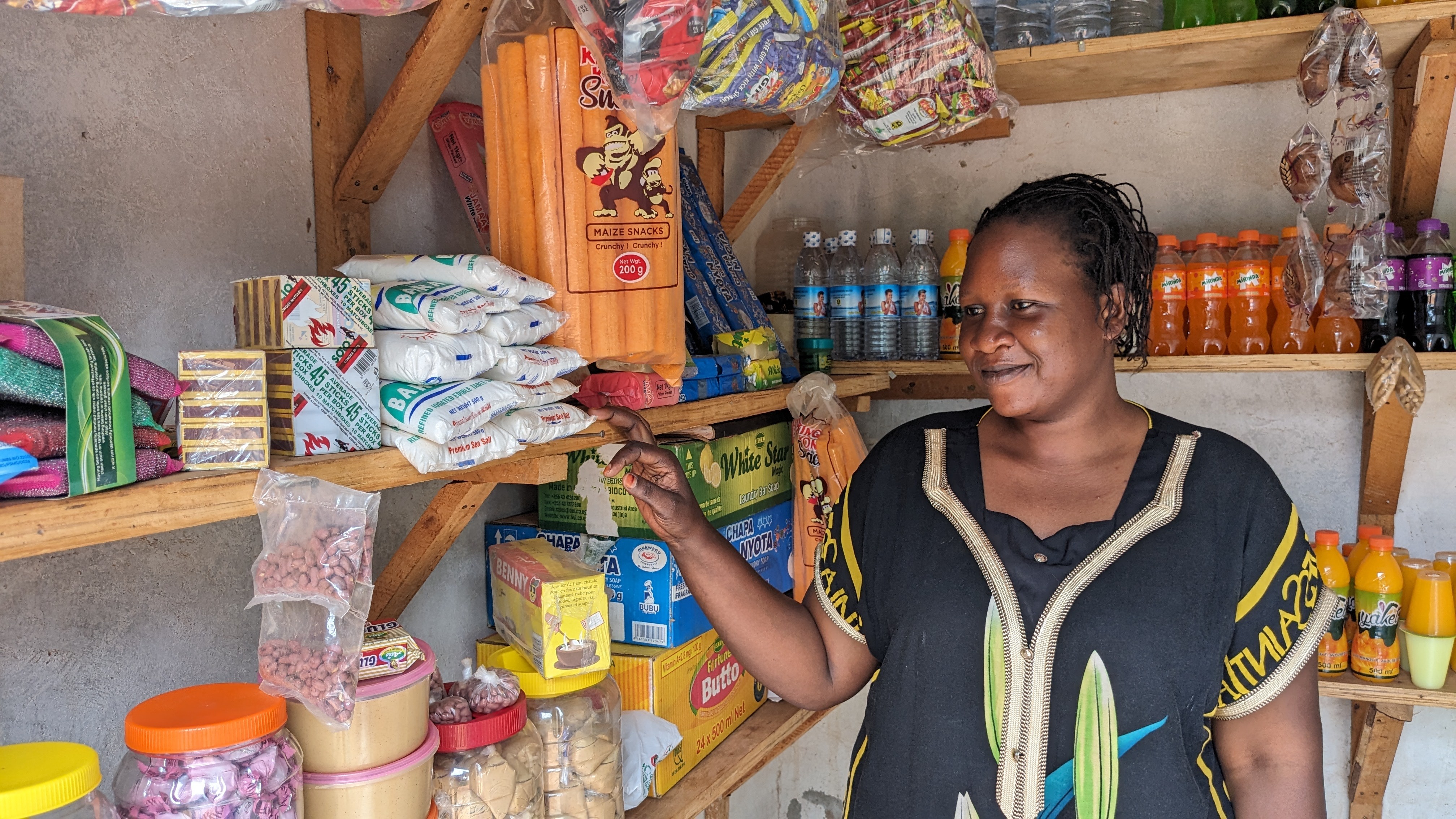We are pleased that Business Insider has corrected several aspects of this afternoon’s piece on our basic income experiment. The original claimed that the project could run into “a fatal problem” if some people choose not to participate, which is incorrect. It is actually quite common for some people to opt not to participate in experimental evaluations, and many important and influential studies have participation rates well under 100%. Business Insider has told us that the title was written by someone unfamiliar with the design of impact evaluations and not qualified to determine what problems could be “fatal.” We welcome the correction.
We also believe this episode highlights a broader issue with transparency in the development sector. The motivation for the Business Insider story was a blog post we published earlier this week which discussed very frankly our recent participation rates in a different part of Kenya, and our efforts to increase them. As anyone who works in the development sector knows, this is a common issue. The people we design programs for do not always participate in them — sometimes for legitimate reasons but sometimes for unfortunate ones including mistrust, rumors, pressure or threats from local elites, etc. Yet NGOs usually do not talk publicly about challenges like these, presumably because they fear that being honest is more likely to generate negative publicity than trust and respect.
At GiveDirectly we are making a long-term bet to try to change this norm. Our strategy is to weather the occasional over-stated critique in the belief that, in the long run, honesty will prove to be the best policy.

